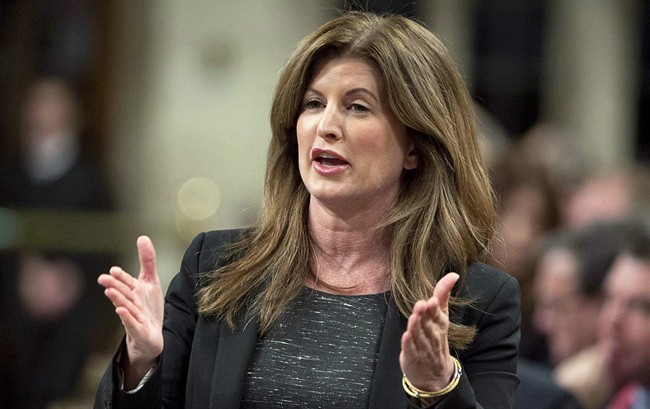The short answer is yes. Kinda: Health Canada has approved funding for medically administered heroin for 16 addicts – and only these 16 – under its Special Access Program. The program’s designed to provide nonmarketed drugs to people suffering from “serious or life-threatening conditions when conventional therapies have failed, are unsuitable, or unavailable.”

It has since been slammed by Health Minister Rona Ambrose on the grounds that its decision contradicts Conservative government policy.
Health Canada made its decision based, for all appearances, on the evidence available: The patients in question are the hardest-core heroin addicts out there. Conventional treatments haven’t worked. They’re participating in a study designed to assess whether hydromorphone (another potent opioid, present in prescription drugs such as Dilaudid and Hydromorph Contin) is as effective in treating heroin addiction as the active ingredient in heroin itself.
The SALOME (Study to Assess Longer-term Opioid Medication Effectiveness) study’s not yet complete. But in the meantime, doctors say they need a viable way to treat participants who’ve completed their 13-month trials and remain very, very dependent on heroin.
The idea is to administer – in safe doses, in a medical environment and under close observation – an illicit substance these people would otherwise break the law to obtain. Best-case scenario: You stabilize and, eventually, quit.
Several doctors, including Vancouver Coastal Health’s Chief Medical Officer, submitted 1,000-plus pages of studies and missives as part of an application requesting injectable heroin prescriptions for 35 people.
Health Canada approved 16.
Is it ideal? Hardly. But traditional solutions haven’t worked so far.
In her indictment of her department’s decision, Ambrose said she plans to “ensure this does not happen again.”
Giving addicts this heroin, she argued, is “not to treat an underlying medical condition, but simply to allow them to continue to have access to heroin for their addiction even though other safe treatments for heroin addiction, such as methadone, are available.”
She’s right: Methadone maintenance is one of the most commonly used treatments for serious opioid addiction. In some places across the country, it’s insufficiently accessible – especially now that many of those who need it aren’t addicted to illicit heroin, but to licit (highly addictive, frequently abused or misused) prescription opioids.
It isn’t clear whether the Minister intends to overturn Health Canada’s approval in this instance, or prevent its recurrence in future. Her office says all options are on the table.
If she does, argues Pivot Legal lawyer Scott Bernstein, who represents several of these patients, “the Minister’s action will put lives at risk.”
Bernstein also notes that Ambrose’s intention to tell her department what drugs to approve runs contrary to the practices of her predecessor: Conservative Health Minister Leona Aglukkaq spoke out against government interference in drug policy when she refused to block generic OxyContin last year.





Comments